|
I have been asked by quite a few teachers recently, ‘Which are the best films to use with my year group?’ It has been quite difficult to decide on my favourites. There were the obvious ones that many people use: The Piano, Alma, Francis but I wanted to share some that may be under the radar for some people. The first blog are films that I have had used successfully in Year 6, P7, Age 10 – 11. This is not an exhaustive list and many of you will have your own favourites. The Present The story of a young boy who would rather stay at home playing video games rather than spending time outside in the sunshine. At first impression, a typical youngster. When his mother brings home a surprise, he finds it hard to concentrate on the game any longer. Inside the box, the boy finds a puppy but soon he has tossed it aside due to its disability. The loveable little dog though perseveres and manages to win the boy’s affection. It becomes clear, at the end of the film, that the dog reminded the boy of himself as he is an amputee who needs the aid of crutches to walk. View this film on Literacy Shed here and on Vimeo here Titanium This is one of the most popular films that I have used with students, the superhero theme coupled with a modern pop song is both appealing and engaging to students aged 10 and upwards. In the story, a young boy finds himself in the rubble after an explosion in a school. The audience cannot be sure of what happened, but the school staff seem scared of him. He goes home and packs a bag to leave, but the police arrive at his home. It is at this point that we see the supernatural powers that he has including telekinesis. He seems to be able to control his powers but sometimes they can overwhelm him. The students enjoy the pace and energy in this short film, and this is often reflected in both their oral and written responses. Watch this film on Literacy Shed here or Vimeo here Aviatrice Definition – a female aviator or pilot The year is 1953 and Jacqueline Auriol, the daughter-in-law of the French president is strapped into a jet plane and is about to create history. The story is recounted in Jacqueline’s own words, through a series of flashbacks and the audience can witness Jacqueline becoming the first European female to break the sound barrier. It is important that all children have positive role models: Jacqueline Auriol is a woman that all can look up to. Watch this film on Literacy Shed here and Vimeo here Birthday Boy Manuk lives in a small town caught up in the Korean war in 1951. Manuk spends his days playing soldiers in the bombed-out houses and looking for shrapnel and the other debris of war. Manuk’s antics have some unintended comedy outcomes which are in stark contrast to what is waiting for him when he gets home. After arriving home, Manuk finds a parcel, which he thinks is a birthday present. In the parcel are the personal effects of his father. Manuk doesn’t understand what is happening but it becomes clear to the film’s audience that Manuk’s father will not be coming home from the front. Watch this film on Literacy Shed here and Vimeo here Eye of the Storm This music video from Lovett tells the story of an anonymous airship pilot who we see in a very dark, simplified silhouette. The pilot, in his melancholy, is seemingly steering his airship into a massive storm. Throughout the video, we see the man preparing his craft, setting it to ‘autopilot’ and saying goodbye to his only companion – a dragon. The mysteriousness of the story allows much scope for discussion. What is he doing? Where is he going? Watch it on Literacy Shed here and Vimeo here. Coming soon… Top 5 films for other primary year groups
As always, comments and corrections welcome. Rob
53 Comments
Children are reading less than ever before research reveals Just a quarter of under-18s read each day, study shows.. (The Guardian website 29/2/20) At the weekend, on the eve of 'World Book Week', a number of newspapers printed headlines like the one above. However, the numbers quoted in the newspapers do not always tell the whole story. The headline figures are for all children aged 8 to 18. Within this range, there are smaller groups for whom the numbers vary greatly. It was reported that the National Literacy Trust research showed that daily reading had declined to just 26% of children. As someone who works in the primary sector, I see lots of wonderful work going on in schools to engender a love of reading, or at the least develop a reading habit, and didn't really believe that the numbers could be this low. I have had a look at the latest data from the NLT research. You can see in the graph below, the number of children enjoying reading in KS2 is dramatically different to the children in other age ranges. If you look at the percentage of children enjoying reading either very much or quite a lot in ages 8-11 from 2005 (67.5%) to 2017/18, then there has been an increase of 10% to 77%. If you look at the ‘Setting the baseline’ literacy survey for children aged 5 to 8, then you can see that the numbers are broadly similar. 76.3% of children at this age group like reading, which is encouraging. The number of children who read daily outside of class is reported as 'in continued decline.' However, in the age group 8 – 11 this number has risen gradually over the last 14 years from 40.5% to 46.7%. This number is not ideal, but it is a step, albeit a small one, in the right direction.
So I think it is fair to see, Primary School educators - we are doing a good job. There is a way to go and barriers to reading enjoyment and habitual reading to overcome but we are on the right path. As always, comments and corrections welcome. Surveys are available on The National Literacy Trust Website www.literacytrust.org.uk
References: Clark, C. (2019). Children and young people’s reading in 2017/18: Findings from our Annual Literacy Survey. London: National Literacy Trust. Teravainen-Goff, A. (2019). Annual Literacy Survey 2019: Aged 5 to 8. Setting a baseline. London: National Literacy Trust. As always, comments and corrections welcome.
Often, when lists of books for year groups are published, there is a request for more books with female protagonists. I have noticed in the past year or so there has been a rise in books with a female lead.
Protagonist: The central character of a story. They make the key decisions and experience the consequences of those decisions. The protagonist is often the character who faces the most significant obstacles as well as propelling agent for the narrative.
I have put together this list from books I have read this academic year and I have enjoyed. I feel that they will be really good to share with UKS2 (children aged 9-11) as whole class texts and could drive English learning as well as Reading for Pleasure.
Can you add to the list? As always comments are welcome.
Disclaimer - Most text/blurbs from www.amazon.co.uk accessed 15.7.19 We are amazon affiliates. I get asked on an almost daily basis to create VIPERS comprehensions for short text extracts as well as the novel guides found on www.literacyshedplus.com
I have been creating some of these and wanted feedback on their layout etc. This example, Robin Hood and Little John, is aimed at reading ages 9-11. I think that each text will be split into two sections. The first section will focus on one of the VIPERS areas and the second section will have a number of different VIPERS questions. Please take a look at the examples below (click an image to download the Word Version) If you would like to request a topic/story etc or feedback then please leave it in the comments section. This week, I had the pleasure of attending ‘Shrewsbury Bookfest’ where author Piers Torday challenged anyone who wants to become a writer to write every day. Well… here is my attempt at an adventure story. The adventurer struggled to place one foot in front of the other; each step on the burning sand seemed to bring him closer to death. He was in trouble: he had finished his water the day before and he was lost and alone. In the distance, he espied a row of trees and he headed towards them.. As he moved closer, he saw the tell-tale glint that signified life: water. It wasn’t a mirage either. It was a spring bubbling from the red rocks and forming a shallow crystal clear pool at their base. The adventurer let out a hoarse cry of joy and hobbled quickly towards the spring. He dropped to his knees, cupped his hands under the water and brought his lips down towards the cool refreshment. “HALT!” boomed out a voice. “Do not drink a single drop.” A desert warrior stepped out from beneath the shade of a palm. Lightly armoured, he looked deadly as the sun glinted off his wickedly curved scimitar. “You are not permitted to drink from ‘The Spring of Knowledge’ without the correct vessel.” The adventurer rocked back on his heels, “But I have had no succour from this heat all day and in this sun I shall surely die!” “You must use a suitable vessel!” he growled. The adventurer looked around for something to collect the water in: a bowl, a flask, anything. And then he remembered that he had his tin cup hanging from his pack. “I have this!” he said holding it above his head like a prized trophy and as he dipped the tin mug into the water the warrior let out a deep laugh. “A tin cup is not a suitable vessel to hold water from the ‘Spring of Knowledge.” “But it is all I have,” pleaded the adventurer desperately. “Then you will never experience the joys that run forth from this spring!” he replied and at that point the warrior, the rocks and the life-preserving liquid disappeared. The adventurer was left alone under the searing sun… Are you still here? Good, I am glad that didn’t put you off! I have seen this same thing happening across our education system for years. Many educationalists will tell you that books are ‘The Spring of all Knowledge.” Einstein has been widely attributed to the following quote: “If you want your children to be intelligent, read them fairy tales. If you want them to be more intelligent, read them more fairy tales.” This message and others like it are often splashed around school walls along with similar well intentioned messages such as this one from Cicero who said. If you don’t read books then you are soulless or more eloquently: “A room without books is like a body without a soul.” Lemony Snicket tells us, “Never trust anyone who has not brought a book with them.” In other words, if you do not read, then no one will trust you. Groucho Marx has often been quoted as saying “I find television very educating. Every time somebody turns on the set, I go into the other room and read a book.” Reading between the lines, he is telling us that if you watch TV, then you’re uneducated. And George R.R. Martin tells us that if you don’t read, then you will not be intelligent, when he wrote, “…a mind needs a book as a sword needs a whetstone, if it is to keep its edge.” Often when I attend talks on reading for pleasure or even writing for pleasure it is often quotes like these which speakers throw around with gay abandon and yet the National Literacy Trust tell us that one in ten pupils do not own their own books by the time they leave primary school. This number rises to 12.5% of children in areas of deprivation and anecdotally I would suggest that in some schools it is more than this. Imagine how such children feel during the reading for pleasure push that many schools are having. To be told that their home lives have less value because they live in a book deficient household often through no fault of their own. Rather than alienating these pupils, we should be embracing their home literacies of which they are often experts. In those houses with few or no books, screens often prevail. Sometime in the last 600ish years a snobbery around books was created and it endures today, a snobbery where books are better than these screens that most homes now have. I have even seen teachers arguing that children should not be reading from eBooks because ‘real books’ offer a ‘superior experience.’ It is this attitude that can turn some people away from reading, as can the desire to ensure children are reading books that are deemed acceptable for learning rather than ‘Diary of a Wimpy Kid’ for example. It is for this reason that rather than talking about ‘Reading for Pleasure’ and ‘Writing for pleasure’ I would prefer to talk about ‘Stories for Pleasure.’ Stories are stories. It doesn’t matter about the vessel in which they are delivered. Think about the explorer in the desert. He didn’t need an appropriate vessel. It was a ridiculous rule imposed by someone superior. His tin cup would have sufficed. His thirst would have been quenched and he could have carried on his journey. Yesterday, I had the absolute pleasure of sitting on the Shrewsbury panel of ‘experts’ alongside three children’s authors: Piers Torday, Maz Evans and Christopher Edge who were all singing from the same hymn sheet – the lyrics to this canticle? “Books are but one vessel in which to transport stories.” Stories are all around us and each of us are filled with stories and they are the currency by which we live. Maz Evans reminded us that we share stories all day long. We recount our stories to our friends and even strangers when we are standing at a bus stop. Children access stories throughout their daily lives and they are not necessarily written in books. They may be watching stories on their TV or on tablet screens. They could be listening to stories told to them by peers, siblings or parents. It is possible that they are acting out their own stories in the playground or living another life through a computer game, moving their character through a series of tasks to complete a quite complicated plot. It may be that they are looking in the mirror, hairbrush under their chin, singing stories of love and heartbreak by the latest musical diva. All of these examples of story are important to our children. They should be celebrated and valued rather than swept aside as things that are less than books. So let’s start sharing ‘Stories for Pleasure,’ and using a range of vessels to deliver them, and let’s see what discussions you can spark about their contents. I am going to start tweeting about #storiesforpleasure so please follow it and share the stories you’re sharing for pleasure too. Some examples of stories or story starters to initiate discussion - remember stories do not always need to be written down. Song Lyrics Start a discussion by asking the following questions: Why doesn't she want to wear make up? What could have happened to her? How does she feel when she doesn't wear it? Opening Lines. What happens next?
Find more of these openers here An interesting picture - sometimes with a starter question. Use objects and artefacts in the classroom. Ask questions such as: - who did it belong to? - how did it get here? - what was it used for?
Thank you for reading, as always I welcome any comments. Please follow #storiesforpleasure for future updates. With thanks to @PiersTorday, @MaryAliceEvans, @EdgeChristopher, @Shrewsbookfest, @JEccleshare Watch the video on youtube hereThe film 'Poppies' is shown on CBBC each year to give children something to think about during the two-minutes silence. You may wish to use this film in that way or use it to discuss the effects of war on people and animals. Discussion Points
There are some recording sheets for responding to 'Poppies' here Thanks to @GrahamAndre Further Literacy Shed Resources on War here There are additional Armistice Day resources from the BBC here Click this image for further WW1 Resources
Many teachers have asked us to create more VIPERS comprehensions for use in lessons. We have some on Literacy Shed plus already for ages 9-11 and we are looking at developing more. I have created a VIPERS comprehension pack based on an article about The Tomb of the Unknown Soldier aimed at Year 6. (Aged 10-11)
People love to send me films and I have been sent this one quite a few times over the last few weeks. 'Rang Tan' is an educational film made by Greenpeace to educate people about the destruction of the rainforests due to human intrusion, primarily from the Palm Oil manufacturers. These resources are adapted from the great resources that were developed by Greenpeace on the subject. The originals can be found here When using this film with a group of Y4 children this week to tie into their Rainforests topic we began by finding out lots about Orangutans. We began by watching this short film from YouTube. The children then created information sheets about Orangutans using the templates below. The objectives of the lesson here were twofold, the children practise their reading skills in order to find the information but also to improve their knowledge of Orangutans in order to write about them in the following lesson. Before reading, we discussed and contextualised the tricky words from the image below. Click here to download the resourcesIn the next session we watched the 'Rang Tan' video voiced by Emma Thompson and discussed the dual narrative and the story it told. The children followed the text and read along. There are opportunities here for performance, the children could choose a section to perform dramatically. Following the reading sessions, we then decided that we would write letters to the Prime Minister in protest against palm oil products in the UK. This began with a discussion about persuasion. We decided that we should describe the beauty of the Orangutan as in the model below. This would act as a persuasive device as people are more likely to protest for something if they have a relationship with them.
I have been developing some ideas around linking picture books, films and text in order to teach comprehension skills based on our VIPERS reading prompts. The following video is based on a group of lessons which introduces children to the concept of inference as looking for clues and creating a hypotheses from the evidence that they can find. The beauty of using still or moving image is that it is inclusive, that reluctant readers or non decoders can also join in the discussion. In the following film you will see the development from still image, to moving image and then the application of the skill on some text extracts. This short presentation was delivered at the OURfP group on 2nd October at Holcombe Brook School, Ramsbottom. The Non-fiction books mentioned on the later slides. Click the image for more information. Links to George's Marvellous Medicine Links to Anne Frank's Diary Links to Ice Trap |
Archives
July 2020
Categories
All
|

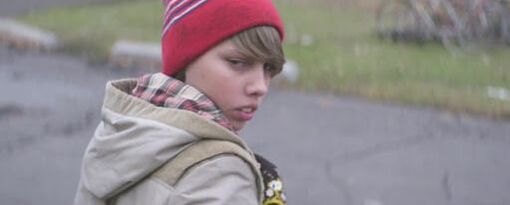

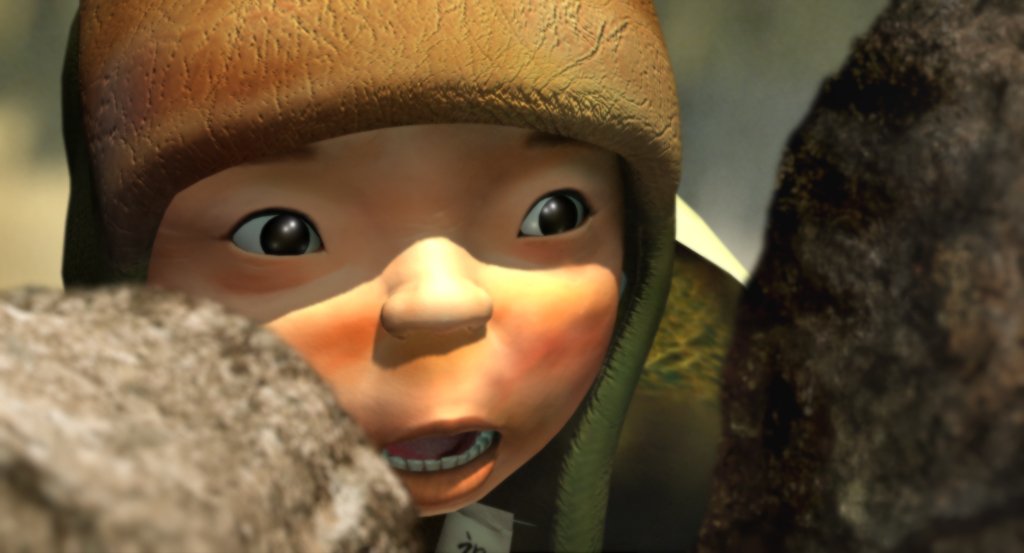
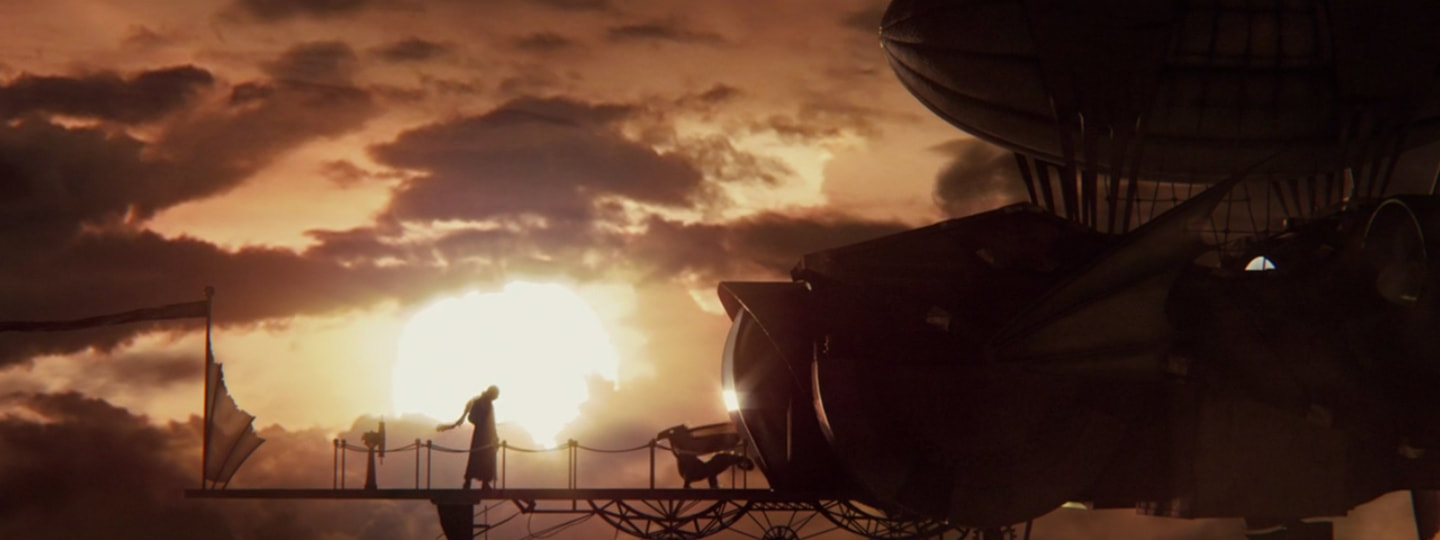
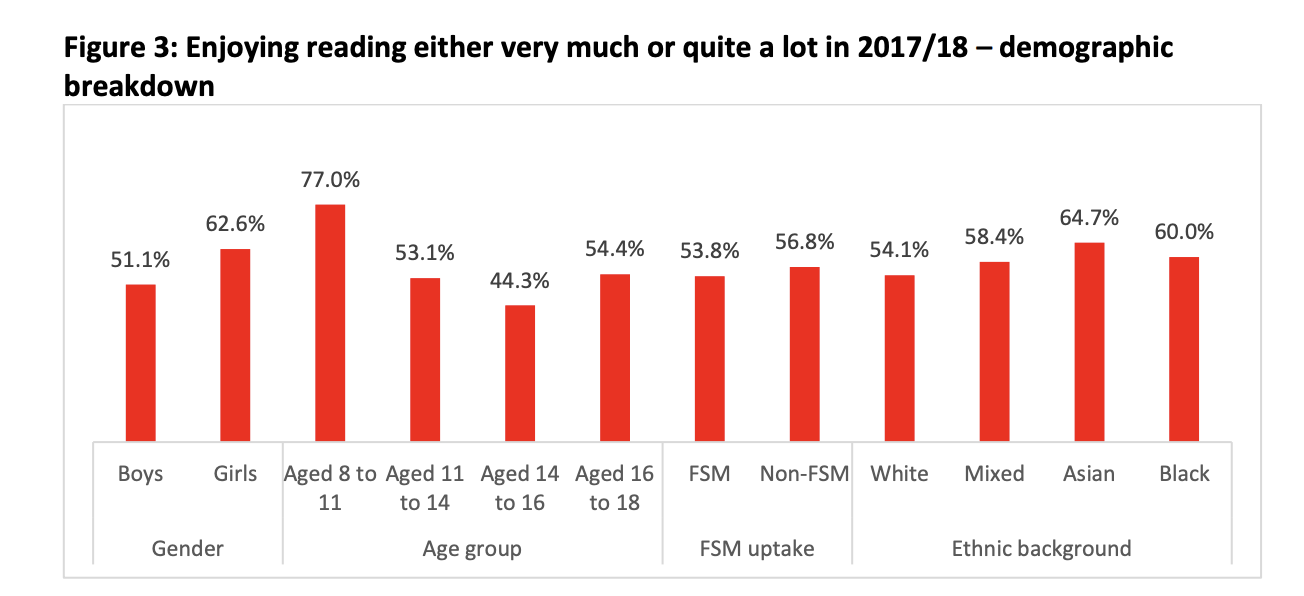
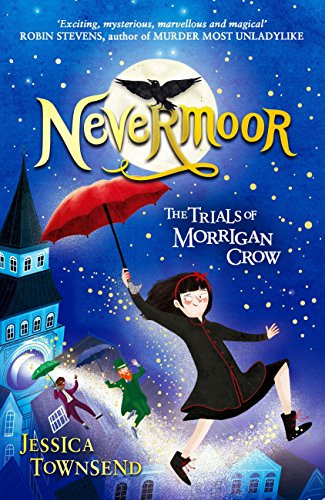
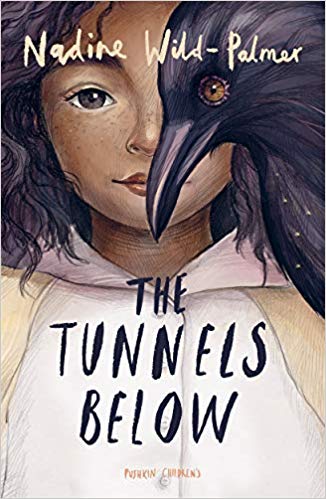
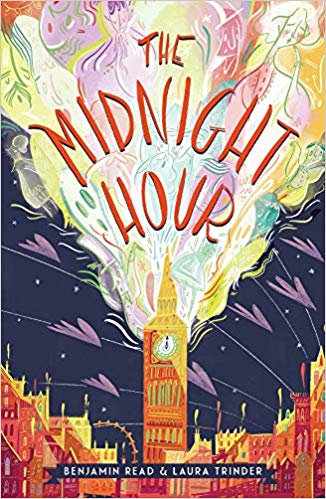
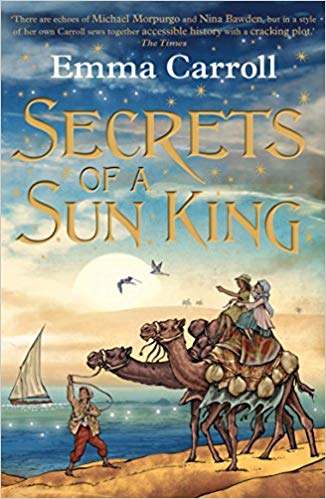
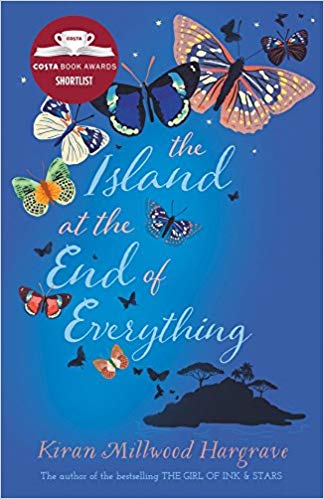
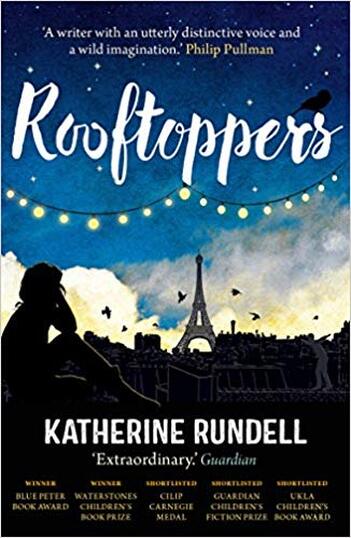
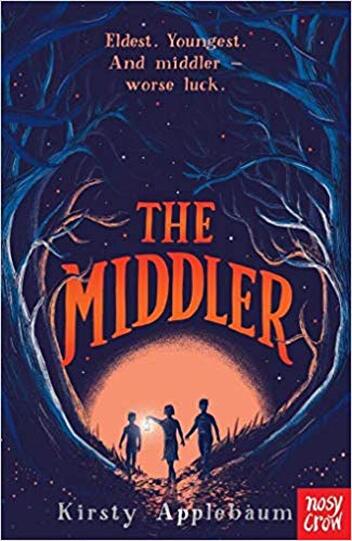
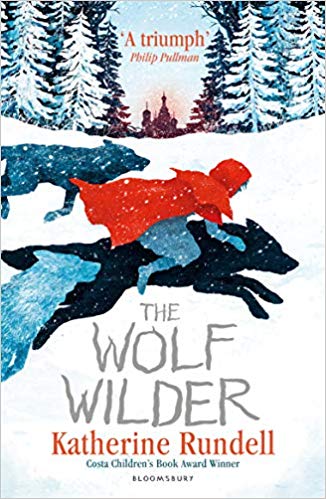
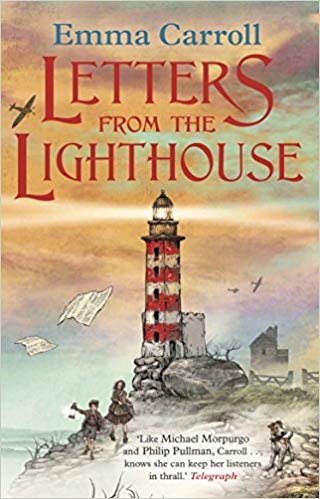
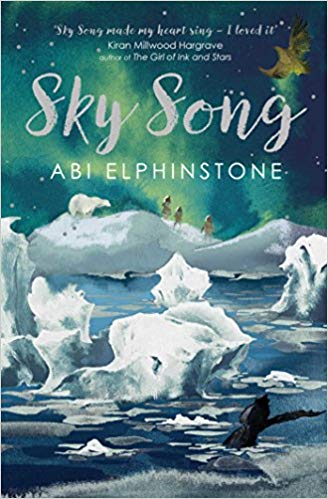
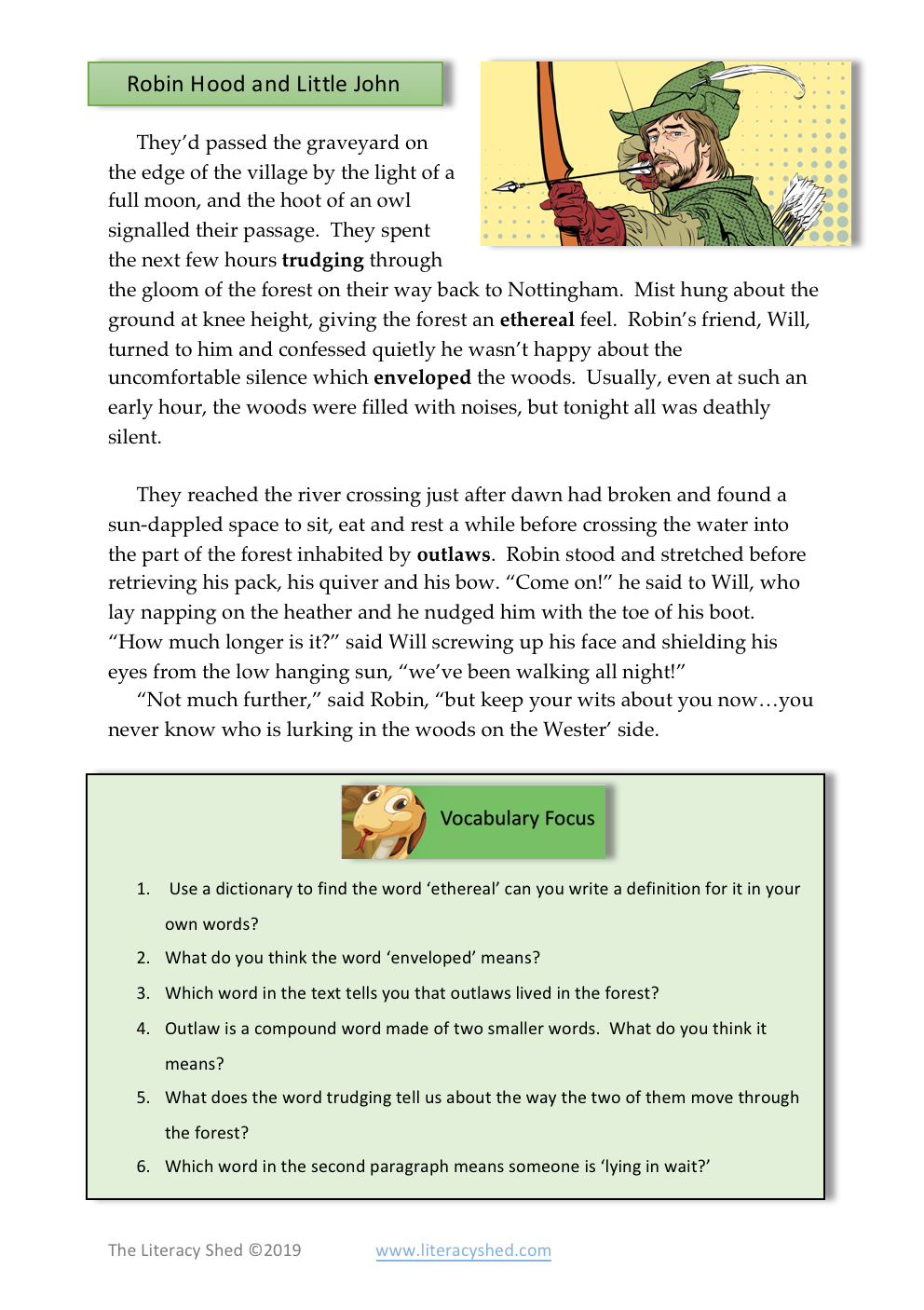
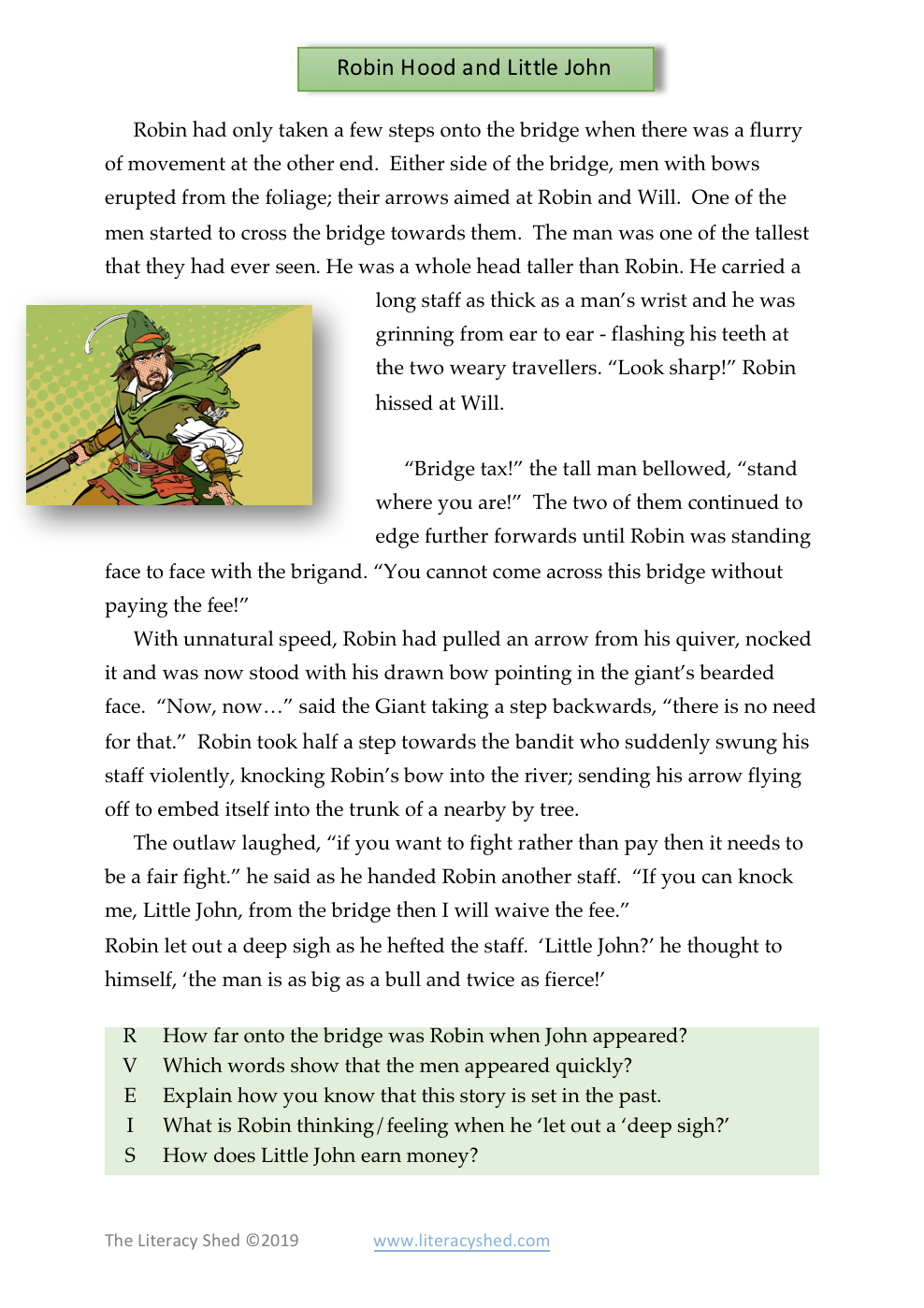





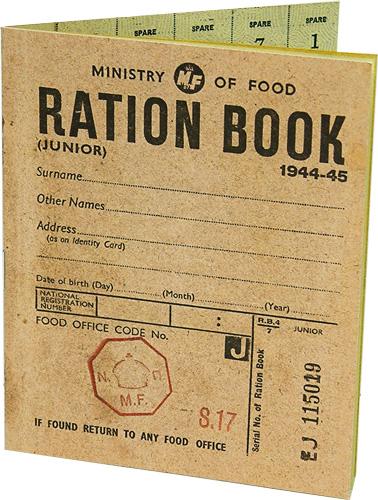


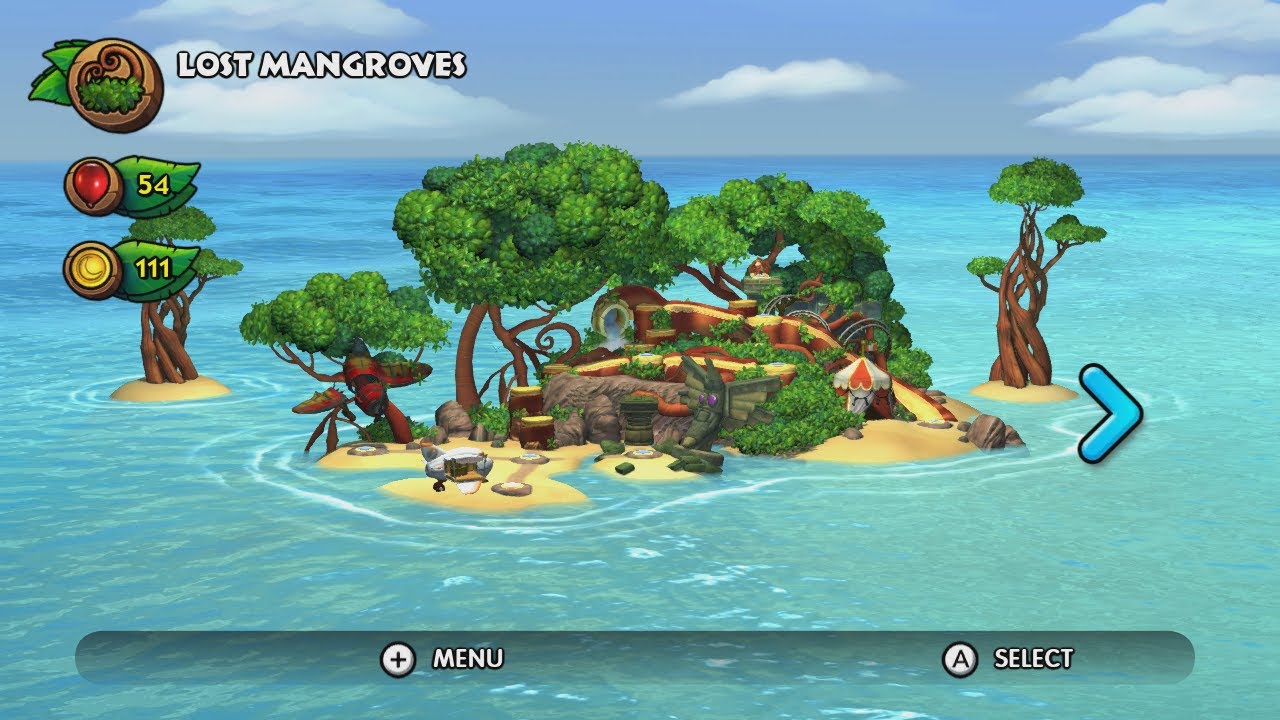
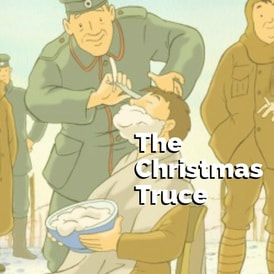
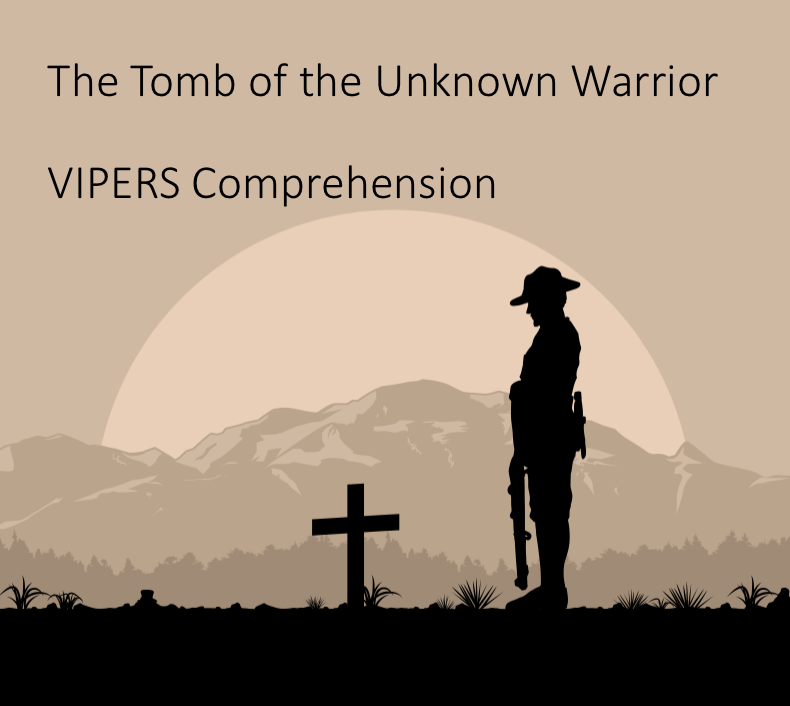
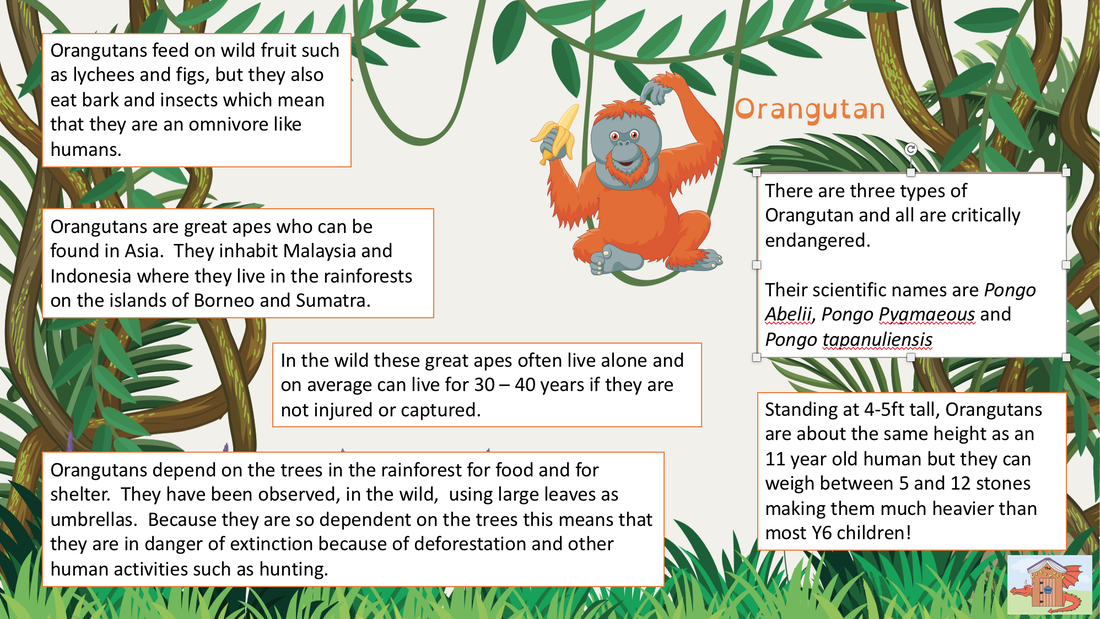
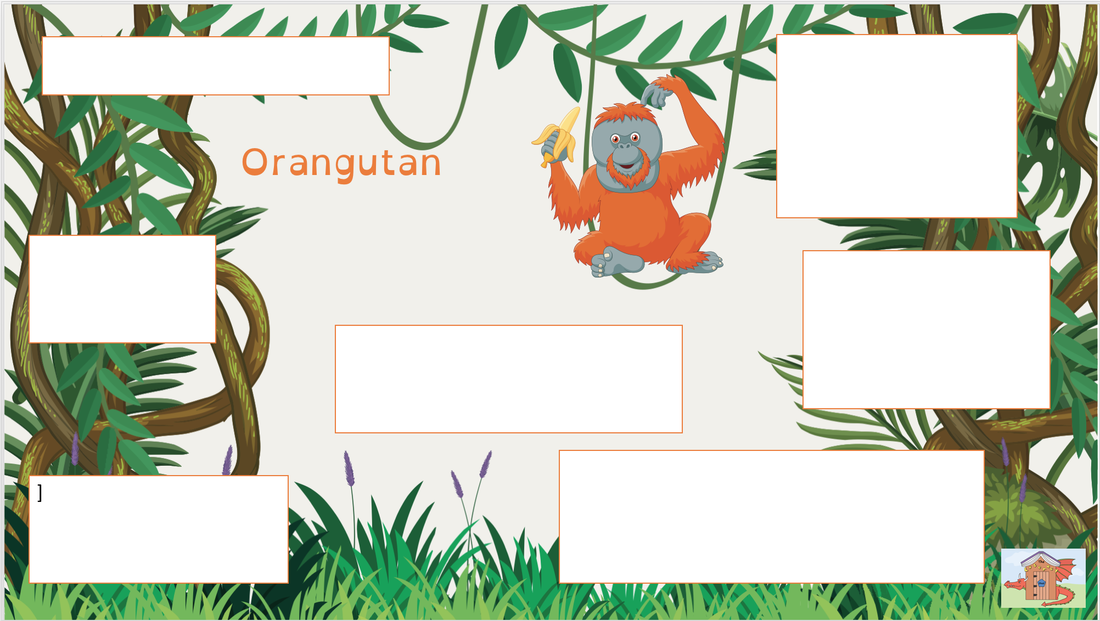
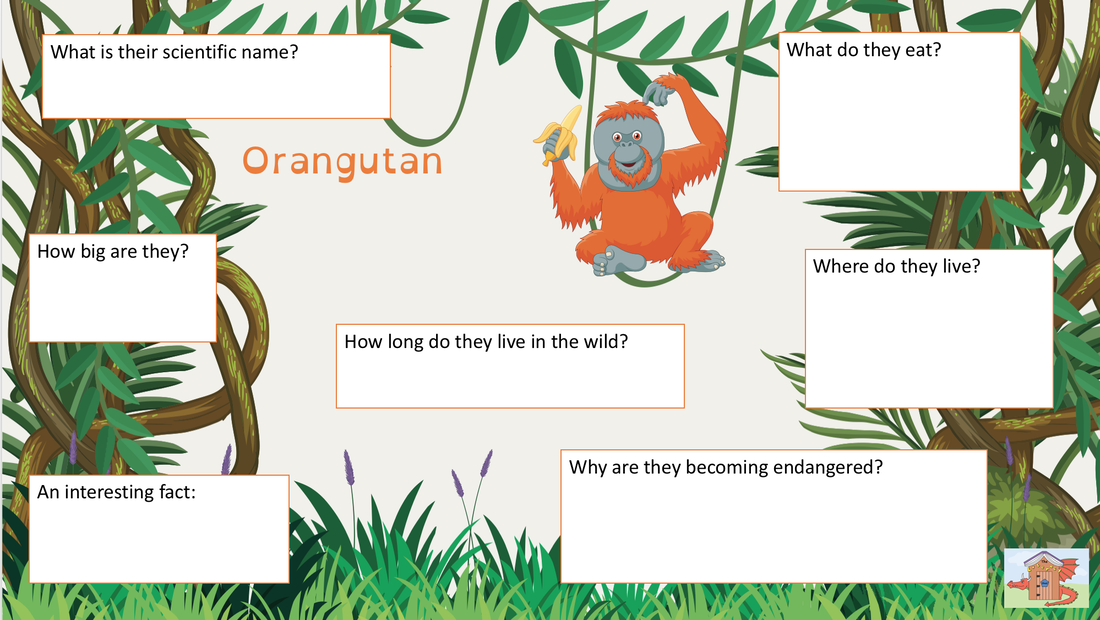
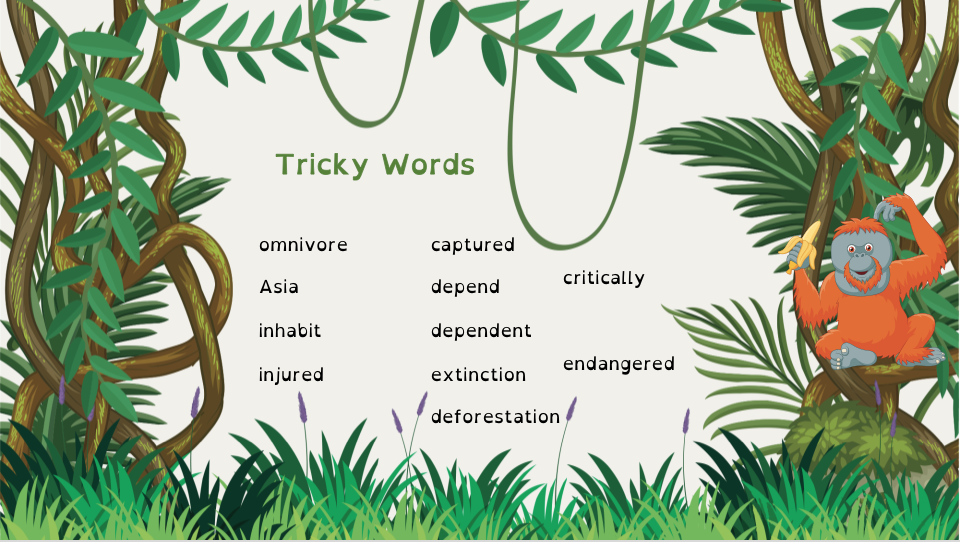
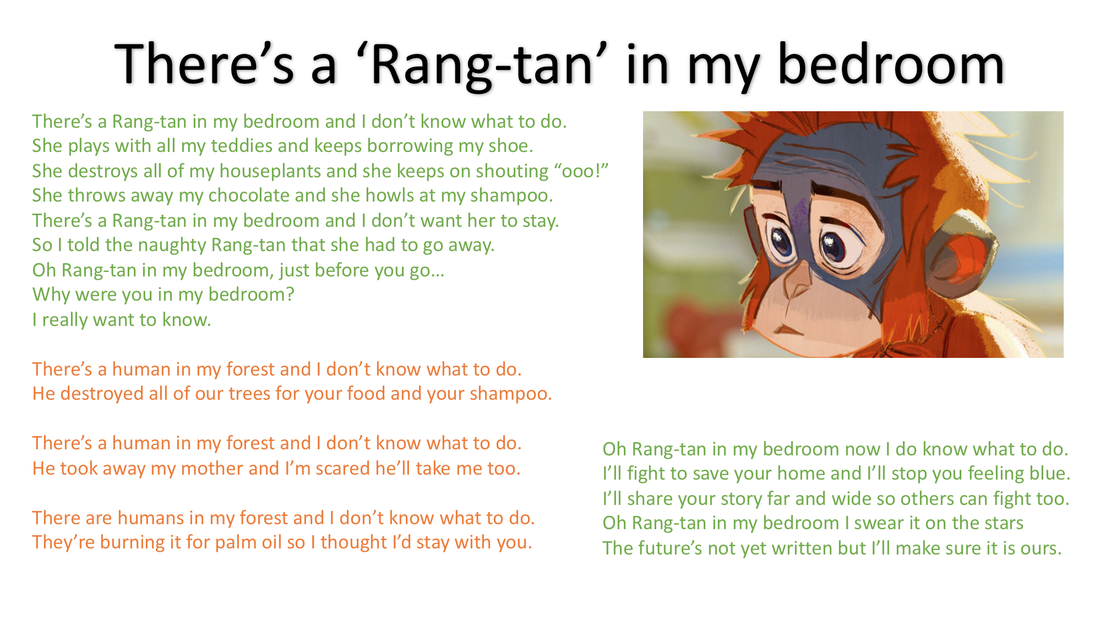

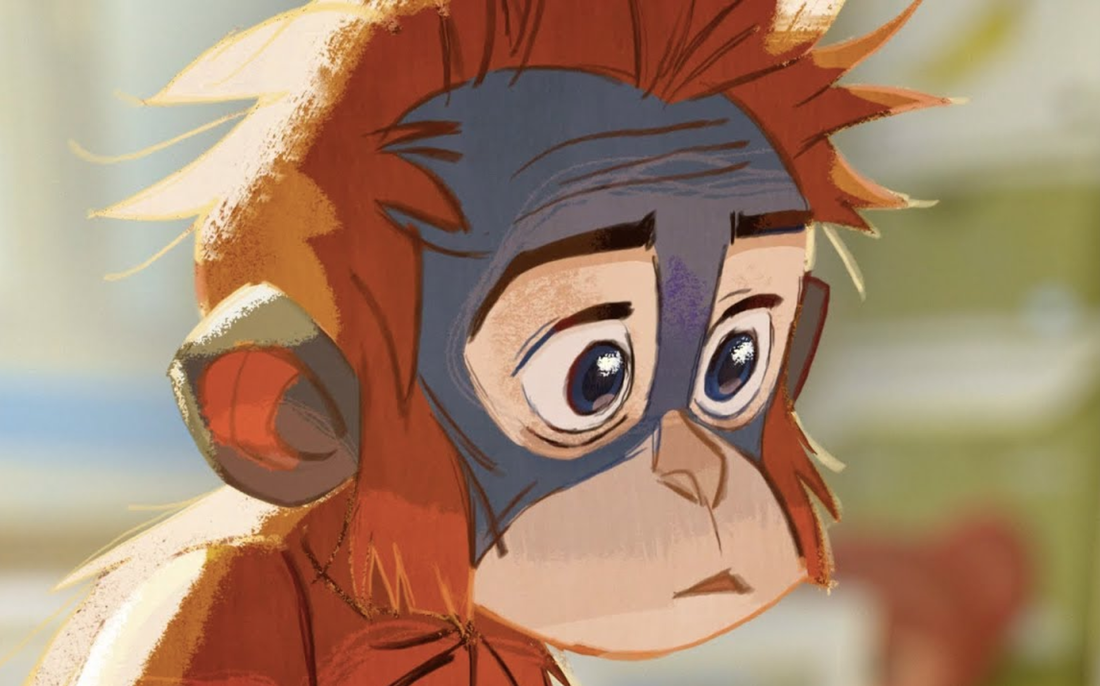













 RSS Feed
RSS Feed
